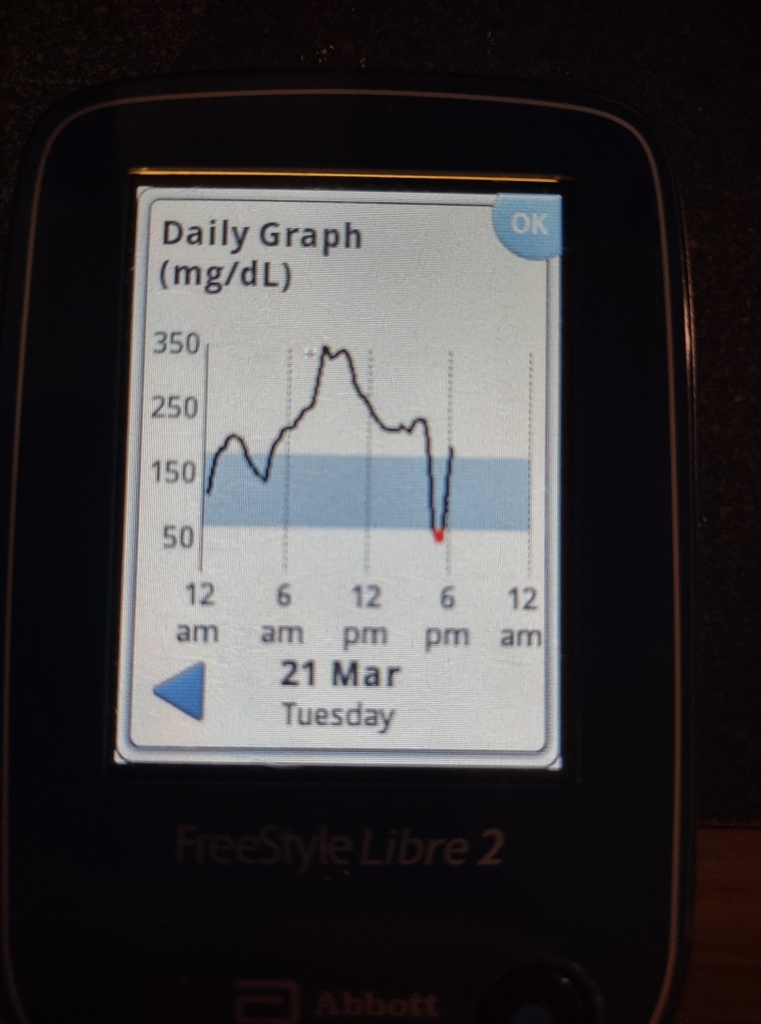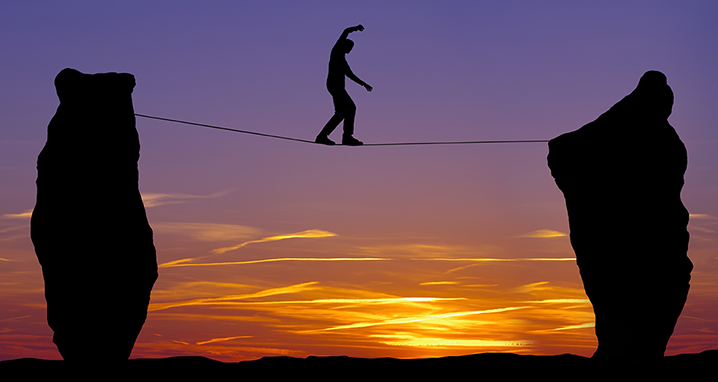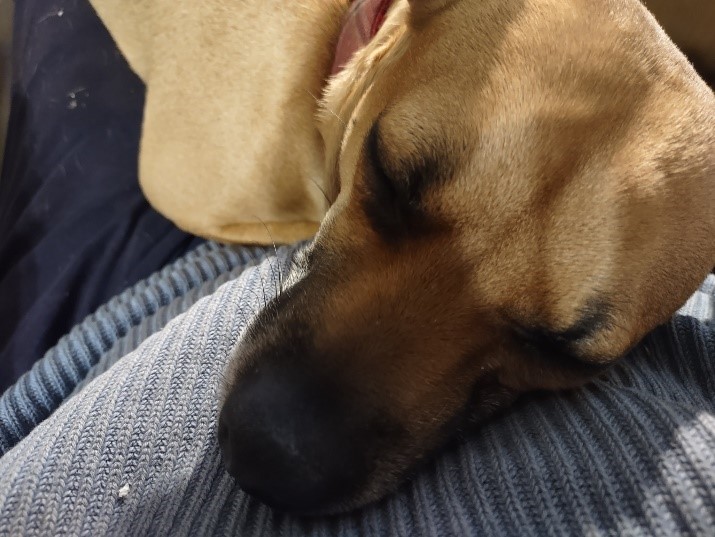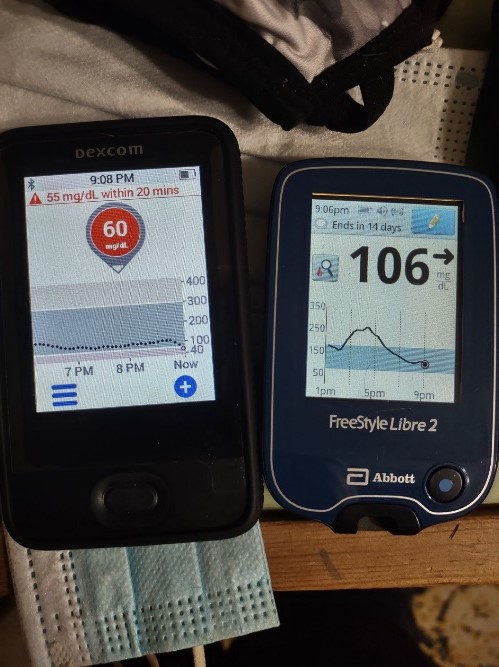Understanding those who are outwardly like us is difficult enough. Understanding people who are significantly different from us is an almost impossible task. Today I’m going to help you understand some Diabetics. I wouldn’t dream of speaking for all of them. We’re all unique, and all our struggles are our own. No one shares all of them. There are obstacles some face that others don’t. But there are a few that are common to all of us. And one struggle that Diabetics are more likely to face than other people is Depression.
I did an episode about Diabetes and Depression combined with Autism about a year ago. There is worthwhile information there, and I recommend reading or listening to it if this is an interesting topic for you. The podcast and the blog post are linked in the transcript.
Diabetics are at least twice as likely to suffer from Depression as those who don’t have this chronic disease. Why is this? First, there may be neurological reasons involved. It’s not just that we’re “feeling sorry for ourselves.”
It’s thought that alterations in brain chemistry tied to diabetes may be related to the development of depression. For example, damage resulting from diabetic neuropathy or blocked blood vessels in the brain may contribute to the development of depression in people with diabetes.
Conversely, changes in the brain due to depression may cause an increased risk for complications. Studies have shown that people with depression are at higher risk for diabetes complications — but it hasn’t been determined if depression increases the risk for complications, or vice versa.
https://www.healthline.com/health/type-2-diabetes/depression#research
At the same time, there are elements of Diabetes, itself, that can cause Depression. There is the undeniable fact that if we make a mistake, we can die. That’s something those constructing a skyscraper must face, but when they’re done for the day, they can go home. The stress is probably more intense, but it doesn’t last as long. The possibility of dying is with us all day, every day. The best we can hope for is to keep our Diabetes sufficiently well controlled that the stress becomes less intense.

The inescapable fact is that if we want to live, we become slaves to our Diabetes. It demands choices we may not always want to make at any given moment.
There’s also a sense of alienation that can often accompany Diabetes. We’re clearly different. You don’t see it the way you would a broken leg or a scar on our face, but we’re the ones who are supposed to choose only the right foods to eat. If we do, we look different from those around us. If we don’t, we may get shamed for it. This isn’t something I just invented.
For example, people with type 2 diabetes intentionally choose unhealthy food because they do not want to refuse what is offered by others around them,15 or delay insulin dosing and blood glucose monitoring because they are concerned about the reactions of others.13 14 16
That shame, itself, can be deadly. It was something with which I dealt successfully, I believe, almost immediately when I was diagnosed. I was a teacher 30 years ago when my doctor tested my blood sugar and told me, as matter-of-factly as if she was telling me it might rain today in Seattle, that I was Diabetic. I felt terror in that first moment. My only experience with Diabetes at that point was seeing my best friend from high school, a Brittle Diabetic named David, flopping on the ground like a fish that had just been tossed on the deck of a boat. I didn’t like the thought of that happening to me. Although Diabetes has all but killed me nearly 2 dozen times, I’ve never had that experience. I’m grateful for that.
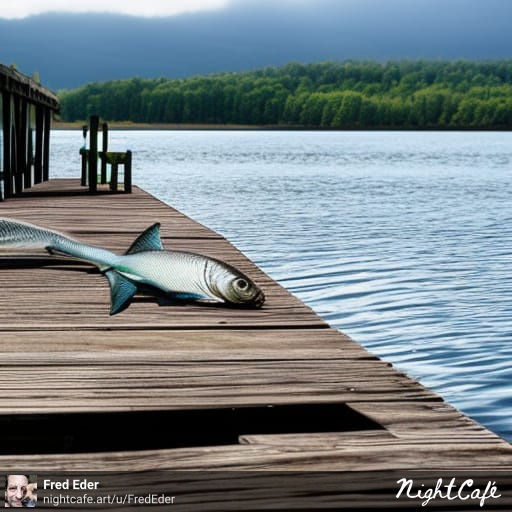
Dave hid his Diabetes from most of his friends, or at least he tried. His mother told me about it the first time I ever went to their house. Dave acted like it was no big deal. I think it embarrassed him. Getting him to eat when he ought to was often a difficult task.
When I was diagnosed, the first thing I did when I got back to school was tell everyone there. All my colleagues knew. I set up students whose job was to get the nurse and call 911 if I lost consciousness. I was still enjoying being alive in those days. I had no interest in dying. I was still young and trying my best to be in love with my wife.
I saw no reason to be embarrassed. Neither should you. We didn’t do something to become Diabetic. Even if we did, there’s nothing to be done about it now, and we still deserve to live as long and as well as we can. The list of things of which I’m ashamed is long, but having a disease isn’t on it.
If you have Diabetic friends, please help them by understanding their Depression is almost certainly not self-pity. It is both biological and situational. There’s little they can do about it. At the same time…
Diabetes often seems to be an invitation to the world to tell us how to live our lives. These are good, caring people who love us. We have to be grateful. Nevertheless, it’s more than annoying. We’re shamed for the choices we make, and if we don’t make the choices others would like us to make, we’re told it’s our own fault. Their concern for us instantly evaporates. It’s one more thing about which they never need to worry again.
This is among the reasons I never leave my house. At least if people on Facebook say such things, I have the option to ignore or delete it. When they’re right in front of me, I’m required to listen, and I would rather leap off The Golden Gate Bridge than be told how to live my life. I’m divorced… twice… and that’s probably a lot of the reason for my marital failures.
I’ve found a few things that help me deal with my Depression. The first is to take stock of my situation in the most objective terms possible. I ask myself the following questions:
- Do I have a safe place to live?
The answer to this is not always yes. When I know I’m not in a safe place, I know where I need to focus the energy I still have left. That always has to be our first priority. Is there a way out? Where can you go to be safe? This is a difficult problem, and I don’t have an easy solution for you. In my own case, I had friends who wouldn’t allow me to be in danger, and several of them worked together to get me here. I always remember how lucky I am. This is a big part of why I want to change the world. No one should be required to live in a situation in which they feel they could be in jeopardy.
When the answer is yes, I can move on to the next question. I like to stop, though, and take a moment to recognize how fortunate I am to have that much security.
- Do I have enough food to eat?
Again, the answer to this has not always been yes. When I don’t have enough to eat, this has to be the next priority. When you’re Diabetic, it’s not just a question of being hungry. It’s a matter of life and death. I’m fortunate that I have enough people in my life who love me so that I can usually solve this problem by asking someone for help.
Yes, it’s humiliating, but I remind myself that my friends would rather give me $100 than have to attend my Memorial, or if you’re my best friend, have to haul my dead body out of this house. I don’t smell all that great in the best of times; I’m probably going to reek if I’ve been lying here dead for a couple of days. $100 is a cheap price to pay for avoiding all that.
If you have no one to ask for food, there are always charities available that will get you something to eat. I understand how horrible it is to ask them for help, but sometimes there’s nothing else that can be done. You’re not quite ready to die, yet. There are still possibilities. We don’t get to give up until we’ve exhausted all our options.
- Do I have all the insulin and other medications I need to survive?
This can be a more difficult problem to solve. I don’t have a lot of friends who have insulin sitting in their refrigerator who can drop some off for me. That said, one of The People on The Porch did exactly that when I was running out of Lantus. I still don’t know how he worked it out, and I don’t need to know. I just know I was grateful.
It can’t always be solved without enough money. If prescriptions aren’t handled properly, insurance may not cover it. Sometimes you need to hope you can find the cash to buy it. Fortunately, a few companies are doing what they can to lower prices.
If you can’t obtain insulin any other way, it can come down to having to go to the Emergency Room before you fall into DKA. They have to keep you alive whether you have money or not.
- Do I have a future beyond simply maintaining this meat sack I call a body?
This is the one that makes the decision to keep going possible. In my case, I know I can always write. I know I can still make a little difference for someone, somewhere, and this is sufficient reason to keep going.
You can ask what it is you can still do in life that will matter. I can’t tell you your purpose. I promise you have one though. Find that and move forward.
Another method for dealing with Depression is to accept its existence, recognize it’s a feeling just like any other, and know that, just like any other feeling, it will pass. Sometimes it’s okay to wallow in it for a little while. I’ve written some pretty good stuff when my Depression was at its peak. And the act of writing helps defeat the lethargy that is a feature of Depression.
The last method I have is to find someone you can talk to about it. One of the best people I know is frequently attacked by a sense of doom and despair. She knows she can call me when that happens. And she does. And we get through it together. I’m fortunate to have so many people in my life who love me and will talk to me when I need to get some of the sadness out.
If you’re Diabetic, keep in mind that you’re not alone. There are more than half a billion of us running around. You’re not the only one walking that tightrope. There are people with whom you can talk, and there’s no more shame in medication or counseling for your Depression than there is in taking insulin or talking to your Diabetes Educator. You wouldn’t walk a tightrope without professional guidance.
Diabetes is a difficult disease to handle. There are things we can do to help ourselves. There are things others can do to help us. Get the sort of help that’s right for you. You’re still a valuable person. You matter to others. The world still needs whatever you have to contribute. Just get through another night, and we’ll see what tomorrow brings. If no one else has told you today, it wouldn’t hurt to hear it from me. I love you.







